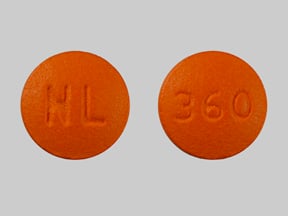
Phenelzine Sulfate Coupons & Savings Card – Discount Prices from $22.68
Generic for: Nardil
My prescription
Edit
15MG, Phenelzine Sulfate (90 Tablets)
Select pharmacy

CVS
$42.67
COUPON PRICE
Walgreens
$22.68
COUPON PRICE
Walmart
$53.83
COUPON PRICE
Albertsons
$64.74
COUPON PRICEPhenelzine Sulfate savings card
Show this card to your pharmacist
Walgreens
$22.68
BIN
ID
PCN
GRP
015995
LHKPY913009
GDC
DR33
Powered by
More prescriptions for depression
More prescriptions for depression
Price history for Nardil (brand) & Phenelzine Sulfate (generic)
90 Tablets, 15MG
Average retail price for Nardil
Average retail price for Phenelzine Sulfate
Average SaveHealth price for Phenelzine Sulfate
Our price history data is based on aggregated prescription data collected from participating pharmacies in America. Our prescription data updates daily to reflect the latest price changes. If you notice a missing data point, it means there wasn't sufficient data available to generate a monetary value for that date.
We analyzed Phenelzine Sulfate prices for (15MG, 90 Tablets) over the last 12 months. The average retail price was $75.60, while the average price using the SaveHealth discount card was $39.80. That's a savings of approximately 47.35% when using our Phenelzine Sulfate coupon.
Compared to the generic version, Nardil had an average price of $185.75 over the same time period. With the SaveHealth savings card, Phenelzine Sulfate is 78.57% cheaper on average than Nardil.
*Retail prices are based on pharmacy claims data, and may not be accurate when we don't have enough claims.
Phenelzine Sulfate dosage forms
Dosage Quantity Price from Per unit 15MG 90 Tablets $42.67 $0.47 15MG 60 Tablets $34.55 $0.58
| Dosage | Quantity | Price from | Per unit |
|---|---|---|---|
| 15MG | 90 Tablets | $42.67 | $0.47 |
| 15MG | 60 Tablets | $34.55 | $0.58 |
